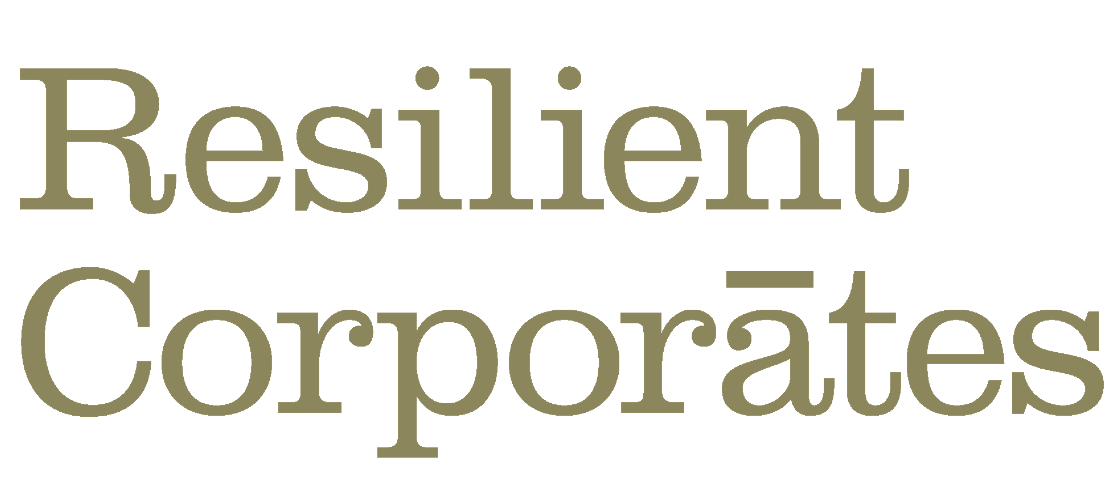Juggling Giants
The proprietary element of our Board Evaluation toolkit developed by more than a dozen experienced directors and engineers under the chairmanship of Ian Beswick.
Juggling Giants allows boards and teams to safely explore various behavioural issues through role-playing and debates. This can help directors tackle difficult problems more effectively, creating an enjoyable learning atmosphere in the process.
A sample of some key questions of Juggling Giants
Why use role-play?
Separating the issue from the business and reframing it in a business context where none of the team members is an expert can help release participants from entrenched viewpoints. Role-play gives participants the opportunity to draw out the behaviours needed to resolve knotty issues and to see an issue from several other viewpoints.
Resilient thinking requires the input of the problem-solving approaches typically found in a variety of disciplines
We focus on the options
for dealing with knotty toxic totemic embedded anaemic issues.
Hover/tap to reveal the answer.
True or false?
There is value in having diverse thinkers in our boardroom.
True or false?
We know how to debate issues and assess risks in the proposals that are presented in our board meetings.
True or false?
We know the difference between absence of evidence and evidence of absence?
True or false?
We know the “map is not the terrain” (King & Kay)
True or false?
We know the personality and risk type of fellow board members (The Risk Compass)?

